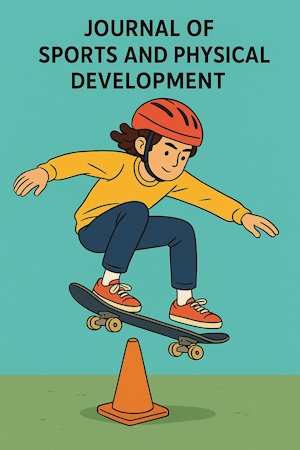Abstract
The number of individuals with autism spectrum disorder (ASD) affecting the development of their perceptual-motor skills and social functioning has been rapidly increasing in recent decades. It is essential to find a novel and effective way for them to develop their skills. Computer systems could improve diagnostic assessment, provide significant support for research, and enhance communication, as well as the assessment of the impact of early swimming on health, motor, social, and cognitive development. Research on early swimming exposure using animal models can provide insights into potential effects on various developmental aspects. Laboratories create genetically modified mice or fish carrying gene variations associated with ASD. To study the behavior of mice or fish, researchers often use video recording, including infrared cameras that enable activity recording without disrupting animal behavior. Video recordings are analyzed using software that can identify and track specific behavioral patterns, movement, or other parameters of interest. This allows researchers to quantify and analyze data in a way that would be challenging or impossible with other methods. The aim of this study was to analyze existing research results that examined early swimming in newborns and infants with ASD, as well as animal models (mice, fish, etc.), to illustrate how water exposure affects their health and development. Additionally, the study aimed to enhance early swimming programs for individuals with ASD through computerized systems.
License
This is an open access article distributed under the Creative Commons Attribution License which permits unrestricted use, distribution, and reproduction in any medium, provided the original work is properly cited.
Article Type: Review Article
Journal of Sports and Physical Development, Volume 1, Issue 1, 2025, Article No: em002
https://doi.org/10.29333/jspd/16733
Publication date: 07 Aug 2025
Article Views: 518
Article Downloads: 855
Open Access References How to cite this article
 Full Text (PDF)
Full Text (PDF)